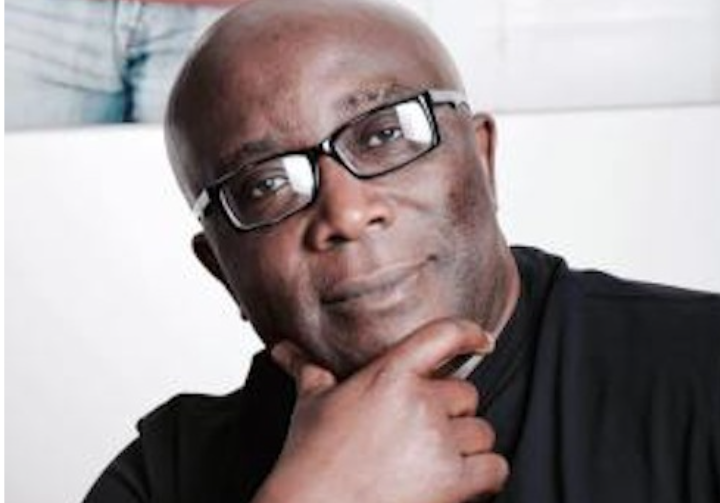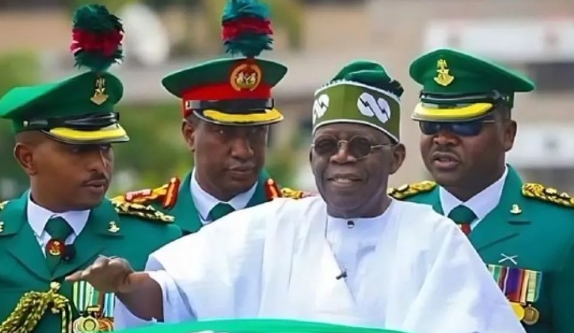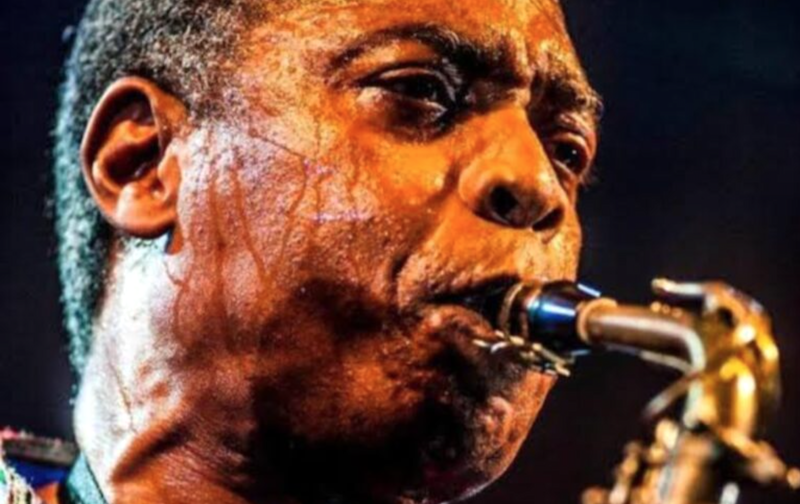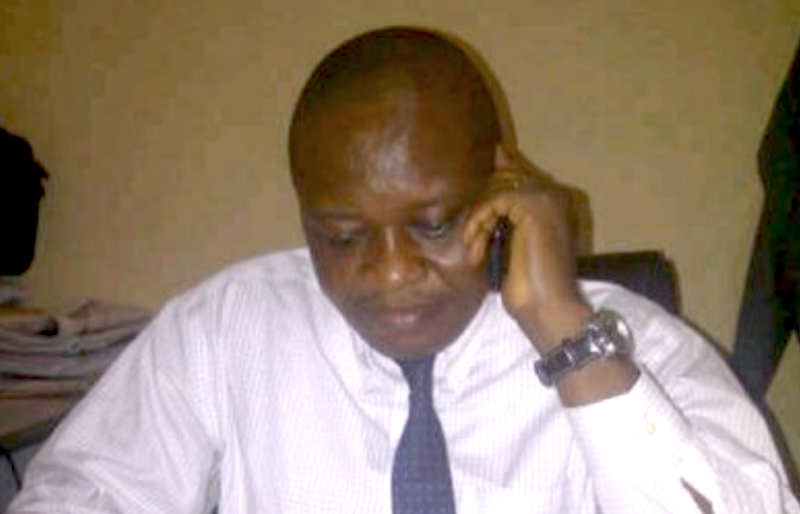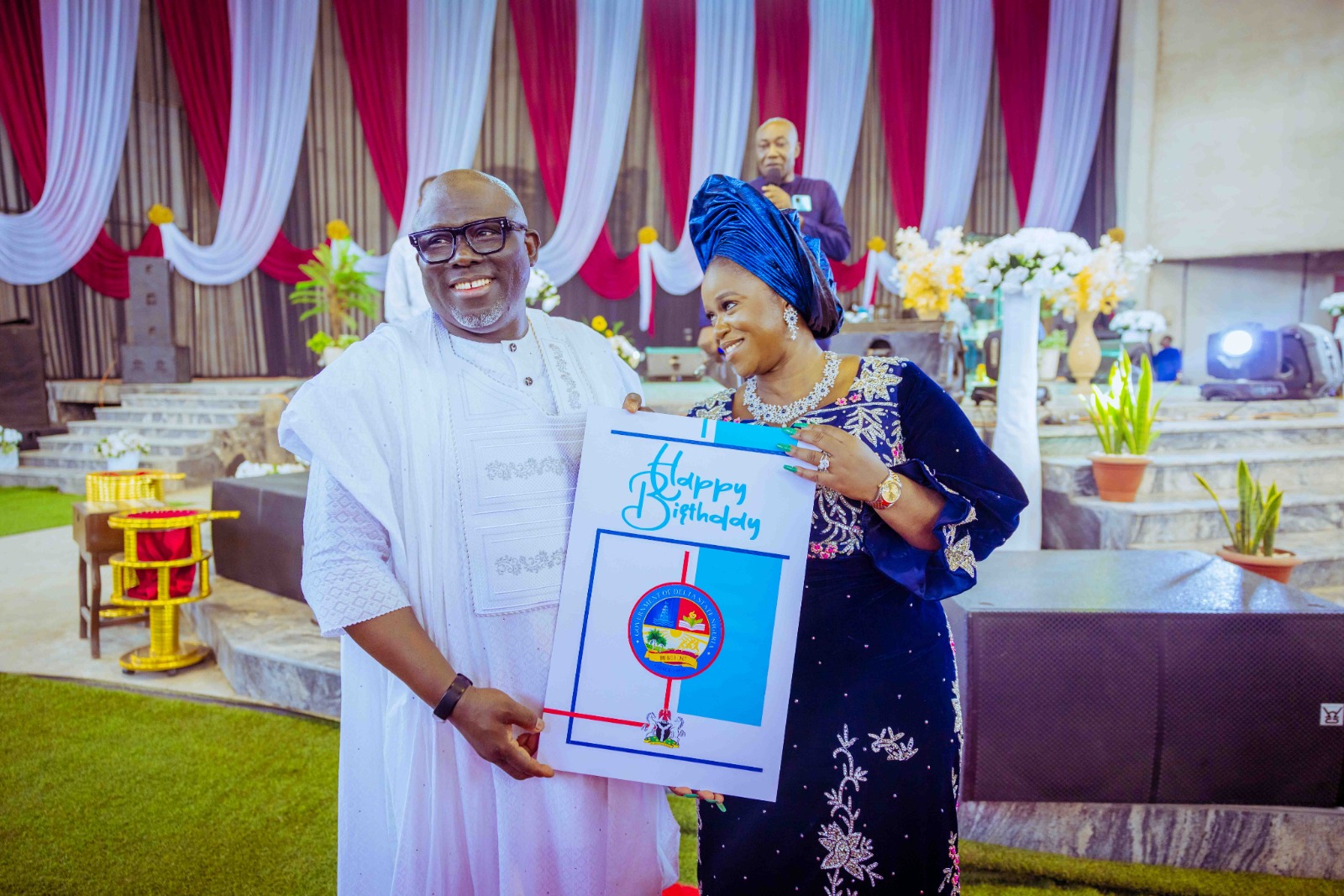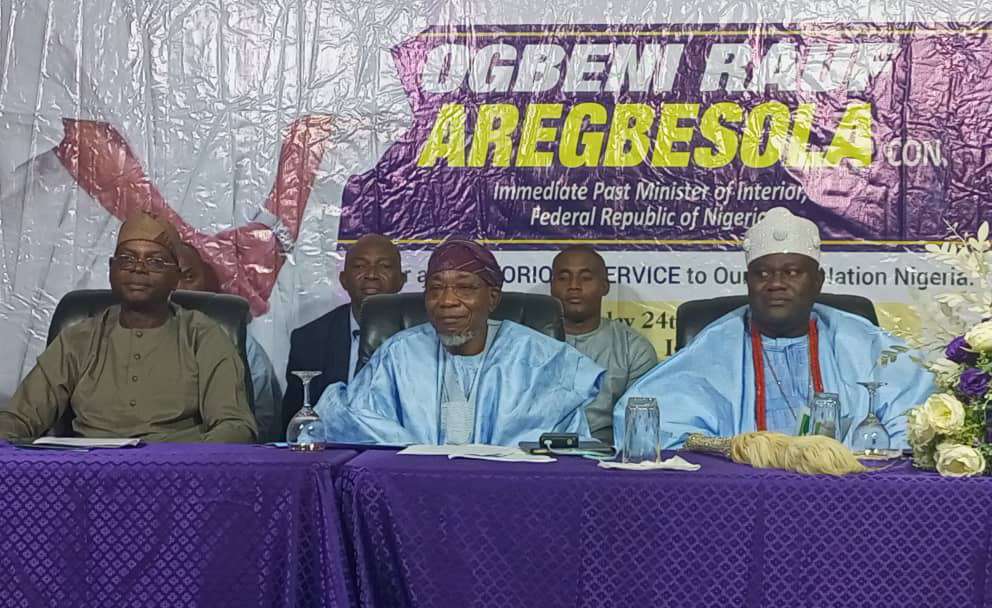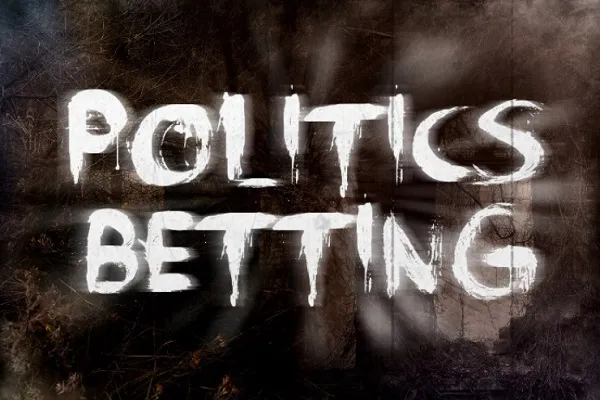In what has become a familiar ritual of Nigerian campus trade unionism, ASUU has served notice of an imminent work stoppage. It is all about long standing service agreements over benefits and allowances that have been lingering for the better part of the last few decade or more.
In the popular imagination, any mention of our universities connotes an interminable disruption of academic activities and of course endless unplanned holidays for idle youth .Here we go again. The net impact of ASUU’s unpredictable labour union habits has been degrading to our university culture and its overall place in national development and culture.
The timing of this year’s ASUU strike notice is spectacularly dumb. This is the end of summer. For the last two months, pages of our newspapers have been filled with happy gleeful photos of notable Nigerians attending the graduation ceremonies of their children in Europe and American universities.
These are the same people that ASUU expects to take political action to pay up their overdue allowances. They mostly have their children educated in prestigious Western universities. And here we have some academic destitutes threatening to go on strike over salaries for teaching the children of poor citizens who have no choice than to be stuck in our dilapidated campuses. And ASUU expects to get a hearing ?
In the 1970s and 1980s, the Nigerian university was at the centre of all serious discourse about national development and popular welfare. Governments, mostly military, paid attention to discourse on the campuses about desirable directions for national development.
As undergraduates, we were attentive to national policy trends. We cared about petrol pump prices, about living standards, about the welfare of the masses, about primary health care and quality of education. Corruption in high places was a sensitive matter. We trooped out to engage the police and even the army on key national policy issues. We braved the tear gas and the truncheons and even live bullets to oppose the government of the day on issues that concerned the welfare of the masses.
We were not just participants in domestic affairs. Those were the days of active foreign policy. Nigeria was in the forefront of Africa’s new foreign policy in the late decolonization era. Nigeria was a “frontline state”, in the forefront of the final phase of the anti colonial struggle and the crucial state of the anti apartheid struggle. As undergraduates, we took positions that were even more radical than the government on Angola, Mozambique, Namibia and Zimbabwe.
Those were the days of the anti imperialist struggle when the Cold Was defined the relations among nations. The ideological divide among nations, between the communist world and the capitalist world also defined discourse in the academia. The academia were divided between the right and the left. Our disputations were fiery and warlike. Most campuses were divided. Some were more so than others. ABU, Ife, UNIBEN and UNIPORT were the hotbeds of campus radicalism. The government was interested in our debates because it impinged directly on the government’s overall ideological leaning in the international system.
The political elite heard us. They came to understand the campuses as an extension of the larger discourse in society. More importantly, the campuses became a platform for the propagation of new and often controversial ideas. Each major university made its annual convocation lecture available to major politicians to air new ideas. At Nsukka in one year, Dr. Nnamdi Azikiwe tried to put to rest the then contentious issue of power sharing between the military and the political leadership of the country. He proposed the controversial theory of Diarchy.
At Ife in one year, Chief Obafemi Awolowo questioned the wisdom in probing previous governments since there had been no consequences in the past. In that controversial speech titled “Qui Bono?”, Awo argued that resources committed to the probes of the past were essentially wasted.
In sharp contrast, today’s Nigerian university is comatose on national issues and literally castrated in its attitude to governments and public policy. ASUU has over the decades drifted into bread and butter trade unionism. The Cold War has ended. Ideology has withered as a major source of contention. The role of government has shrunk to that of an employer of labour and a payer of salaries. ASUU’s relationship to government has been reduced to that of a perennial debtor. Government accountability has been reduced to its ability to honour its labour obligations to agreements reached with campus unions.
In return, student unionism has become consumed by the general exhibitionism and showmanship of the current political dispensation and culture. Crass partisanship has taken over student unionism. Student union officials now hire retinues of aides and officials with the same outlandish and foolish nomenclature as roadside politicians. They disturb the peace of campuses with the same noisy sirens as their partisan patrons and principals.
Among the students body, favourite pastimes now include cybercrimes, kidnapping, blackmail leading frequent suicides, ritual murder for body parts in return for quick cash. There is hardly any Nigerian campus today in which any serious issue of national policy is being canvassed. Instead, it is all about transactions that catapult paupers into billionaires, skit makers into mega tik tok entrepreneurs overnight. The same very students bring huge SUVs and outlandish automobiles to cmpus in which many lecturers are on foot.
This is the landscape of the Nigerian university campus today. Perhaps a some what equivalent development is taking place on the American university campus since the onset of Trump’s second coming.
The return of Donald Trump to the White House has unpturned the tradition of university culture in America especially in relation to its role in national development and culture. Since the foundation of America, the university has palyed four vital roles: it has been a mirror of the culture and tradition of freedom of enquiry and political freedom; it has been the pillar of a science based free society in which the fruits of science and technology have complimented a free market economy to grow a free economy; an avenue for the propagation of the freedom of peoples all over the world for which America has been associated and universities have been associated with the freedom of entry and exist of persons into America to partake in the pursuit of the American dream as the magnet of a diverse immigration driven society.
Since his return to the White House, President Trump has driven a wedge among all these roles of the American university.He has sought to block funds for the endowwments of major universities like Harvard, Yale and Princeton. He has used the immigration powers to block the visas of graduate students. He has sought to evict graduate students who hold known anti Semitic views.
He has sought to curtail the entry of students from China and other destinations into American universities. Most dangerously, he assault on federal funding for scientific research in major universities has threatened America’s leading edge in global science and technology. He has even threatened free speech on university campuses especially to the extent that such exercise of freedom has to do with the interests of Israel.
In general, universities have a way of preserving the past and foreshadowing the future of the society that gives them life. We send the youth to acquire higher education to light up the pathway to a future.
The dreams of a new society and the values that should inform future development are encapsulated in the dreams, aspirations of the young men and women that throng university campuses during the foundation years of every society. The ideals of freedom and justice through enlightenment and knowledge to cut the frontiers of a new world embodied in the rise of America as a force of new world civilization were embodied in the culture of the university.
The American dream came to be anchored as well in the conquest of poverty that a college degree would guarantee. Most importantly, the freedom of enquiry, the endless quest for knowledge, the exploration of the unknown universe of science were part of the spirit of America.
It was a spirit that encouraged the questioning of dogma and the interrogation of received dogma in all fields of human knowledge. The values that held society itself were not immune from the critical inquiry and rigoros interrogation which sustains university culture.
Freedom of expression and inquiry are values shared by democracy and te university as an institution. When university campuses erupt in protest and revolt, something is wrong with the democratic environment. Since the re-emergence of Donald Trump in the White House, the turmoil and turbulence that has engulfed America’s governance has spread to even its most treasured campuses.
Harvard, Princeton and Yale have not been spared the authoritarian incursions of Trump’s meddlesome and disruptive politics. University funds are being withheld. Admissions policies have come under the axe of bureaucratic intervention. The right of universities to teach certain courses as well as their right to admit students from certain parts of the world or students who hold certain views have all come under the investigative ambit of an all prying State Department.
Curiously, universities also live or die with the politics of the society that feeds them. If the American university declines in the wake of the Trump assault on American politics and culture, it will find a rough equivalent in the decadence of the Nigerian university following the decay of political values in Nigeria’s present political decadence.
